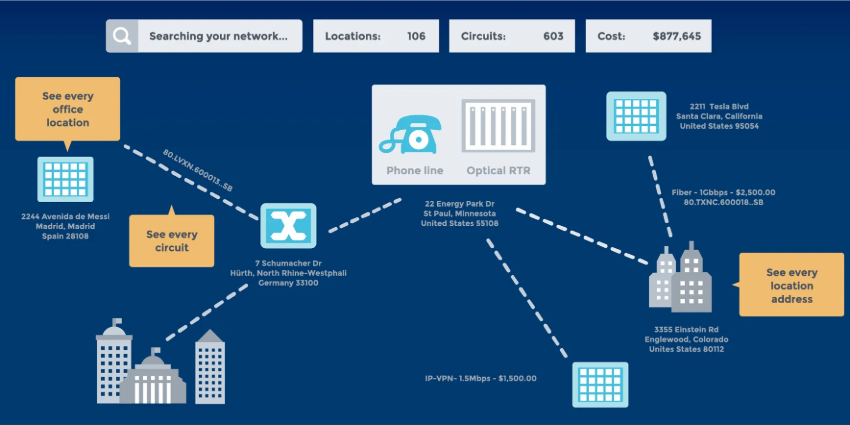The global transition to cloud technology is happening at break-neck speed. As technology evolves and every industry grows more competitive, businesses need communication solutions that allow them to remain agile and innovative. While on-premise solutions still have their appeal for some companies, many organisations have found that cloud-based communication is the best way to maintain flexibility and keep their costs low.
Cloud communications encompasses a wide range of communication solutions, delivered on a flexible basis through the cloud. For instance, your cloud communications strategy might involve a simple VoIP solution, or you may choose a UC service that combines VoIP with video conferencing, instant messaging and more. The underlying feature in all cloud communications environments is the focus on software instead of hardware. Products are delivered over the internet and can be accessed from anywhere, using devices with a web connection.
What is a Cloud Communications Service Provider?
The natural versatility of the cloud makes it a compelling option for companies embracing trends like globalisation and remote working. Already, the UCaaS market is expected to reach a value of $28.69 billion in the next 3 years. On the cloud, organisations can quickly scale their technology up or down to suit their changing needs. There’s no need to worry about having a technician come to your business to implement updates or fixes either. All patches and changes are delivered over the cloud.
The people responsible for creating the latest innovations in cloud communications are the “vendors.” These are the companies investing in the R&D that makes UC as a service and new technologies possible. A service provider, on the other hand, is an entity that bridges the gap between a vendor and end-user. According to Gartner, cloud communications service providers are:
“An entity that leverages the cloud environment to provide telecommunication and other services.”
In other words, SPs don’t just sell endpoints and licenses. Service providers offer intellectual property, and expertise, perhaps in the form of cloud communications training, consultancy, configuration, or professional managed services. Service providers ensure that your cloud communications strategy is ideally suited to your business.
What is a Cloud Communications Reseller?
While a service provider delivers additional value to companies in search of cloud communications via intellectual support and expertise, a reseller is a different kind of middleman between the vendor and end-user. Cloud communications resellers purchase cloud computing services, then adjust and implement them according to the needs of their end-user.
Resellers can either be “Systems Integrators” who manage the deployment of multiple different cloud services from various vendors, or “Value-added resellers.” A value-added reseller sells the communications solutions they’ve purchased from a vendor on to an end user and maintains that service for them. Value-added cloud resellers may also bring extra solutions and features into the mix too, such as an analytics platform, or workforce management tool.







